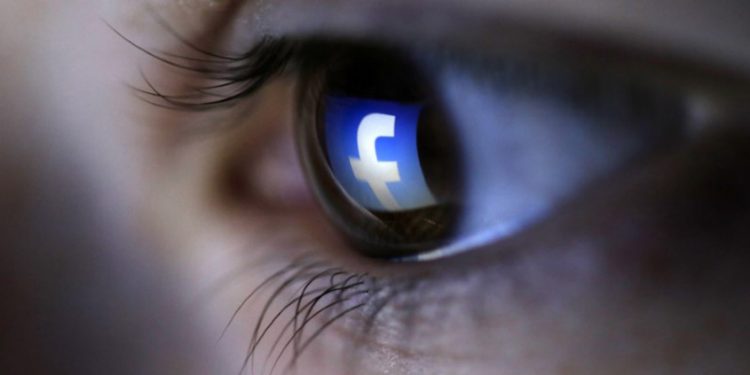New York: Negative experiences on social media platforms like Facebook and Twitter increase the odds of feeling lonely especially among young adults, a new study has found.
Positive interactions on social media are not making young adults feel more connected, whereas negative experiences increase the likelihood of them reporting loneliness, said scientists from the University of Pittsburgh’s Centre for Research on Media Technology and Health (MTH).
“Social media is, seemingly, about connecting people. So it is surprising and interesting that our investigations reveal social media being linked to loneliness,” said lead author Brian Primack, Director of Pitt’s MTH.
Perceived social isolation, which is a synonym for loneliness, is associated with poor health outcomes, such as high blood pressure, heart disease and depression, he added in a paper published in the journal American Journal of Health Promotion.
Primack and his team surveyed 1,178 students aged 18 to 30 about their social media use, to what extent their experiences were positive or negative, and their level of perceived loneliness.
For every 10 per cent increase in negative experiences on social media, the participants reported a 13 per cent increase in feelings of loneliness.
However, for every 10 per cent increase in positive experiences on social media, the participants reported no statistically significant change in feelings of loneliness.
“There is a tendency for people to give greater weight to negative experiences and traits compared with positive ones, and this may be particularly relevant when it comes to social media,” said study author Jaime Sidani.
“Health practitioners may encourage the public to be more cognizant and thoughtful regarding their online experiences, thereby interrupting a potential cycle of negative experiences and loneliness,” added Primack.
Because social media is so pervasive, it is critically important that we better understand why this is happening and how we can help people navigate social media without as many negative consequences, wrote researchers.
IANS






































